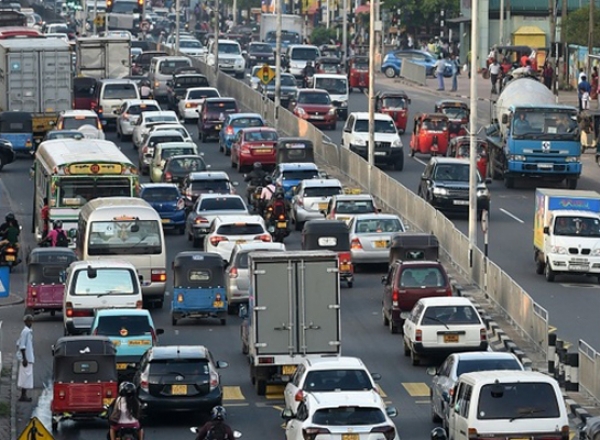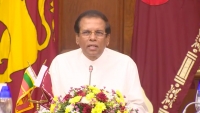Car registrations have sky rocketed in Sri Lanka in the last 3 months mainly in the small car category that account for close to 90% of volumes.
"The impact of the recent increase in minimum duty rates will only be reflected in registrations towards the end of the year for there are large stocks of unregistered cars in the market and many more on the water that will not be taxed at the higher rates," JB Securities, in a report, said yesterday.
"It may also be appropriate to reinstate the 50% LTV rate on financing of hybrid cars from the current 70% - excess credit towards purchasing of cars is driving imports and holding up the cost of borrowing which has not tracked policy and GSEC yields downwards. On the flip side taxi hailing platforms like Uber and Pickme have created a professional class of drivers who need financing to get their first vehicle thus any measures to curtail funding is a regressive measure – in such instance the car is a production asset rather than a consumption asset. Getting policy always right is very difficult for there are winners and losers thus one has to balance the various interests," the report also added.
It said the restriction imposed on civil servant car permits such as eligibility and transferability have been relaxed which has resulted in a supply of 6-8,000 permits.
"A bearer of a permit is entitled to a discount of LKR 3.6 million on the excise taxes payable irrespective of the CIF value of the vehicle. Most of these permits are been sold at a price between LKR 2.1 million and LKR 2.3 million – a back of the envelope calculation would estimate that permit holders have been enriched by a sum close to LKR 15 billion," the report stated.
It also added, "Not only does such a scheme encourage further rent seeking and create an entitled class and but it also reduces tax morality amongst compliant tax payers – tax compliance is lower when compliant tax payers witness other taxable cohorts not paying their fair share of taxes.
The wealth transfer to those who are entitled to a permit is not necessarily an equivalent loss to the treasury for demand would have been significantly lower due to higher prices but it accentuates imports. Firstly, the sellers of permits who are enriched by LKR 2.1-2.3 million probably purchase durable goods including small cars that are imported. Secondly, the permit buyer creates further import pressure for he will probably invest in a more expensive car incentivised by a partial discount.
Finally, fuel is yet under taxed relative to other imported goods especially diesel. Some estimates state that the top 30% of households benefit from 70% of the tax subsidy thus is a regressive measure. Relatively lower priced fuel coupled with cheaper vehicles has created a lethal cocktail that is now pressurising the currency and driving the LKR to set new daily records.
Perhaps its time for policy makers to rethink the lower LTV on hybrid vehicles, reintroduce restrictions on civil servant permits such as the eligibility criteria and transferability and adequately tax fuel so that it is in line with other imported products and accounts for externalities including congestion and pollution.
Attachment 2 are notable premium cars in July (less exciting) and attachment 3 are notable premium cars in June (more exciting with a couple of Bentleys). Considering the very high incidence of taxation on these premium cars I believe it is sufficiently progressive form of taxation (30-50x the tax on a small car) and thus does not warrant a change."













